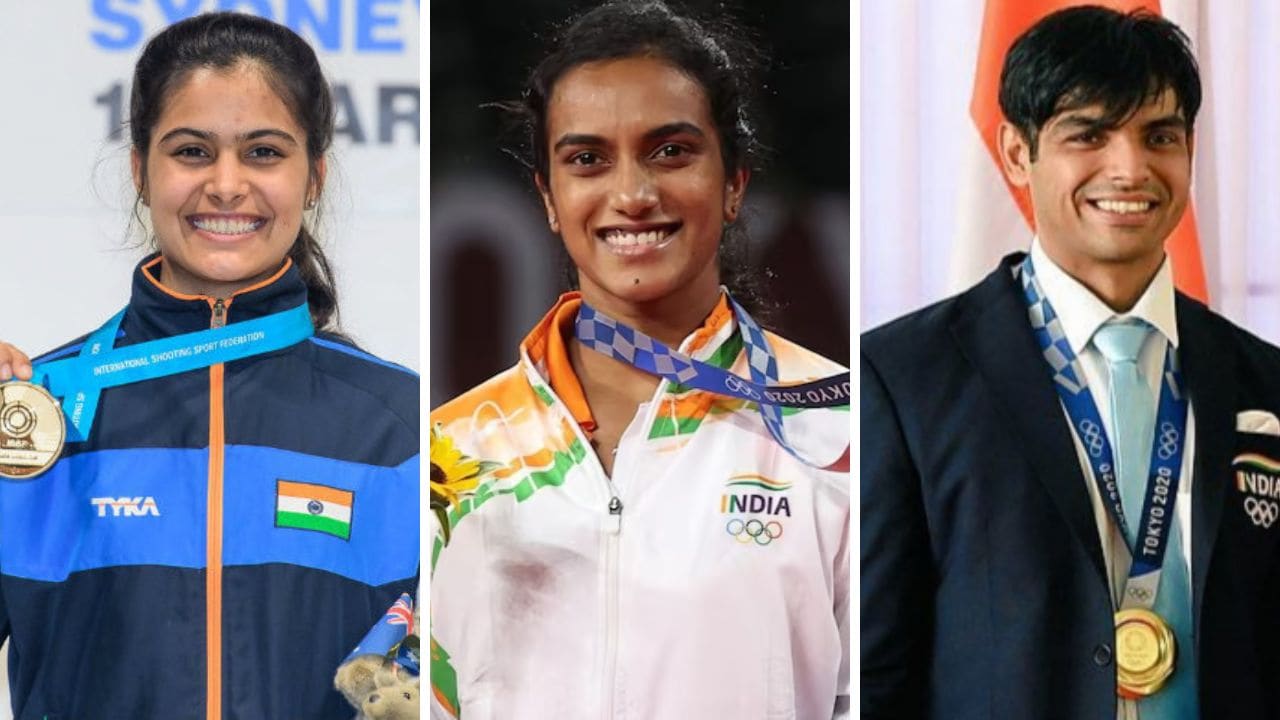In today’s hyper-connected world, brands are increasingly quick to jump on the bandwagon of congratulating influencers and athletes during their moments of success. Whether it’s through social media shoutouts or full-blown advertising campaigns, these congratulatory messages often blur the lines between genuine appreciation and opportunistic marketing. While the practice might seem harmless on the surface, it raises significant ethical and legal questions that brands must carefully consider.
The Ethical Dilemma: Opportunism vs. Genuine Support
There lies a key ethical question: Are these congratulatory messages truly about celebrating the individual’s achievements, or are they thinly veiled attempts to capitalize on their success? Consumers today are more discerning than ever, and many see through these gestures as mere opportunistic marketing. Brands that have not historically supported a particular athlete or influencer may face backlash for attempting to associate themselves with their success only after they’ve achieved it.
This raises concerns about the authenticity of the brand’s messaging. If a brand did not stand by the influencer or athlete during their journey, is it ethical to suddenly align themselves with their success? The answer is often no. Such actions can be perceived as disingenuous, and consumers are increasingly likely to call out brands for this kind of behavior. Ethical marketing should be about building long-term relationships and demonstrating consistent support, not just showing up when there’s a spotlight to share.
Legal Considerations: Navigating the Grey Areas
Legally, the situation is somewhat murky. At first glance, congratulating someone might seem like a harmless act. However, the moment a brand leverages an athlete or influencer’s success for monetary gain, the waters become murkier. For instance, using the name or likeness of an athlete in an advertisement without their consent could potentially lead to legal complications, especially if the brand is perceived as benefiting commercially from the association.
This is particularly relevant in the world of sports, where strict regulations govern how brands can use athletes’ names and images. Events like the FIFA World Cup or the IPL have stringent guidelines that even official sponsors must adhere to. Brands that are not officially associated with these events or the athletes involved could face legal repercussions if they attempt to leverage these moments for their marketing campaigns.
The legal landscape is complex and varies depending on jurisdiction, but one thing is clear: brands must tread carefully. Any monetary gain achieved through such advertising without proper agreements in place could lead to potential legal challenges. Beyond the legal risks, there is also the very real possibility of reputational damage if consumers perceive the brand’s actions as exploitative.
The Role of Influencers and Athletes: A Double-Edged Sword
For athletes and influencers, these moments of success represent significant opportunities. Their market value often skyrockets in the aftermath of a major win or a viral moment, making them highly sought after by brands. However, this also raises questions about the sustainability of their fame and the long-term benefits they can provide to brands.
While some athletes and influencers manage to maintain their relevance over time, many have a limited window to capitalize on their fame. This creates a situation where brands must weigh the potential short-term gains against the long-term sustainability of their association with these individuals. For larger brands with substantial marketing budgets, the high costs of partnering with successful athletes and influencers may be justified. However, for smaller brands, the return on investment may not be as clear-cut.
Moreover, athletes and influencers often carry a level of credibility and authenticity that can enhance a brand’s image, particularly in categories like health and fitness. But as with any celebrity endorsement, there is always the risk that the individual’s star may fade, leaving the brand with a partnership that no longer holds the same value.
A Call for Ethical Marketing
In a nutshell, while congratulating influencers and athletes might seem like a simple and effective marketing strategy, it comes with significant ethical and legal implications. Brands must carefully consider their motivations and the potential backlash from consumers who are increasingly savvy and skeptical of opportunistic marketing tactics. Ethical marketing is about building genuine, long-term relationships, not just capitalizing on fleeting moments of success. Brands that navigate this landscape with authenticity and transparency will be better positioned to maintain consumer trust and avoid legal pitfalls.
Vaibhav Gupta, Co-Founder and CPO, KlugKlug, a research-driven science influencer marketing (KOL) platform.
